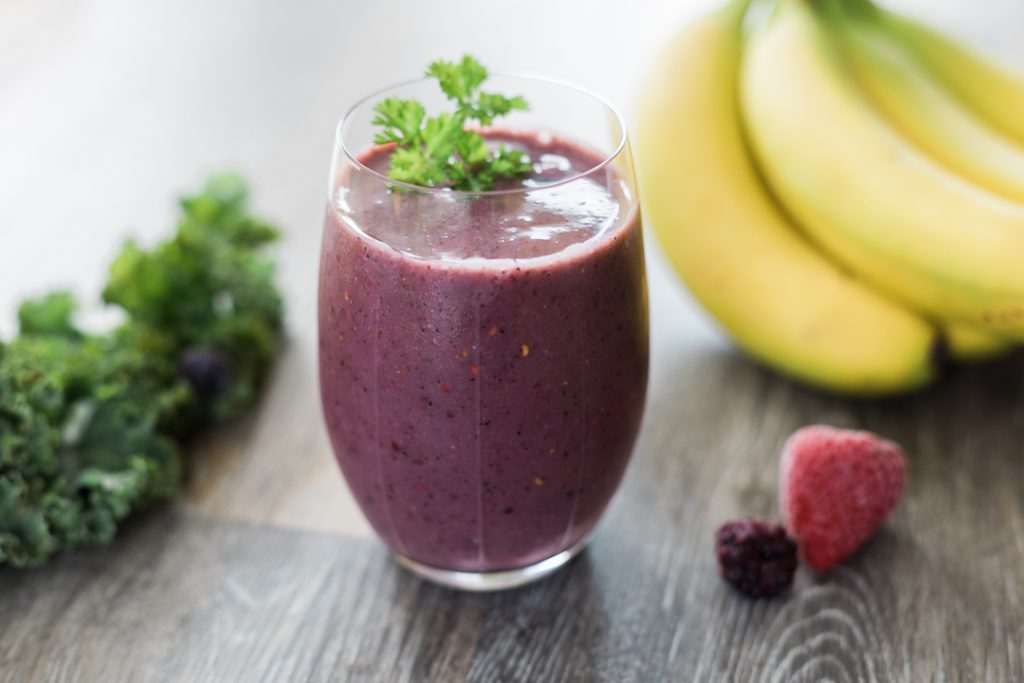
How to Battle Those Sleep Deprivation Cravings
This article is a response to 6 Tips for Eating Your Way Through a Sleep Deprived Day by Ashley Bailey, MS, RDN, LDN. Did you know that a lack of sleep can affect your cravings for richer foods? In this article, Bailey accurately explains one of the physiological reasons why we tend to go towards richer foods when we don’t get enough sleep: the hormones in our body that control appetite get out of balance, which tricks your brain into thinking that you “need” that sugary food for a quick energy boost.

Tips From Revive Wellness on Dealing with Cravings
If you struggle with cravings in the evening, or feel powerless over your portions you may want to take a look at how you are eating earlier in the day. As Registered Dietitians, many clients come to us with this eating pattern - start the day with a cup of coffee, maybe stop for lunch if they have time and by the time they get home they are starving, which results in an unbalanced dinner of excessive proportions, followed by some down time of sitting on the couch and snacking. Leading to weight gain.

How to Stay Fit During the Holiday Season
The Christmas holiday season is upon us! There is so much going on at this time of year, and for many, extra commitments are added into our daily routines. Between social events, family gatherings and extra errands to run, it can all add up!

Seasonal Affective Disorder and Mindful Winter Treats
As it gets colder and darker in the winter months, mood, sleep patterns, and appetite can be affected. Some individuals who are greatly impacted by this season shift may experience recurrent depressive episodes that begin to appear in late fall, then start to taper off when the days get longer in the spring/summer. This pattern is known as Seasonal Affective Disorder (SAD).

Managing Stress Through Food and Reflections
Are you wondering why you are constantly feeling stressed? With the holiday season approaching and a million things on your to-do list, there is no better time to talk about what stress is, how it influences our relationship with food, and what we can do to manage it! What is Stress?

A Quick Guide to Recovery Shakes
Why is recovery nutrition important? The main goal of recovery nutrition is to help top up glycogen stores in the body so it can later can be used as energy. During exercise, our body uses blood sugar and glycogen (a form of stored carbohydrate).

Winter Well-being: How to Hygge
Imagine this: it’s pitch black outside and a biting wind howls while pelting snow falls relentlessly. Inside, candles are lit and flickering, fuzzy blankets are piled up on the couch, and a small fire crackles away in the corner fireplace. You’re wearing your biggest, comfiest sweater while sipping on your favourite hot beverage, feeling completely content.

Why Not Whistler, BC?
Having recently visited Salzburg and Vienna, I have been looking for a Canadian destination where everything is right there in the center of town, a place with charming character, convenient walking access, a location with great outdoor activities and a place with world-class restaurants. Enter Whistler, British Columbia. An Award-Winning Resort Whistler was dreamed into existence by a group of visionary businessmen and has evolved over the last fifty years to its current world-class status.

Eating Simple Sugars to Your Advantage
Carbohydrates are made up of starch, fibre and sugar. When starches and fibre are present in a food, it forms complex carbohydrates that takes the body longer to digest. This prevents the blood sugar from spiking, and promotes even energy levels and longer satiety.

Squash Blossoms: Our New Favourite Fall Food
This fall, I tried squash blossoms for the first time, and I’m already looking forward to having them next fall. Squash blossoms are the flowering part of a zucchini and summer squash. They taste like a milder version of squash, but they are beautiful in color and light in texture.


